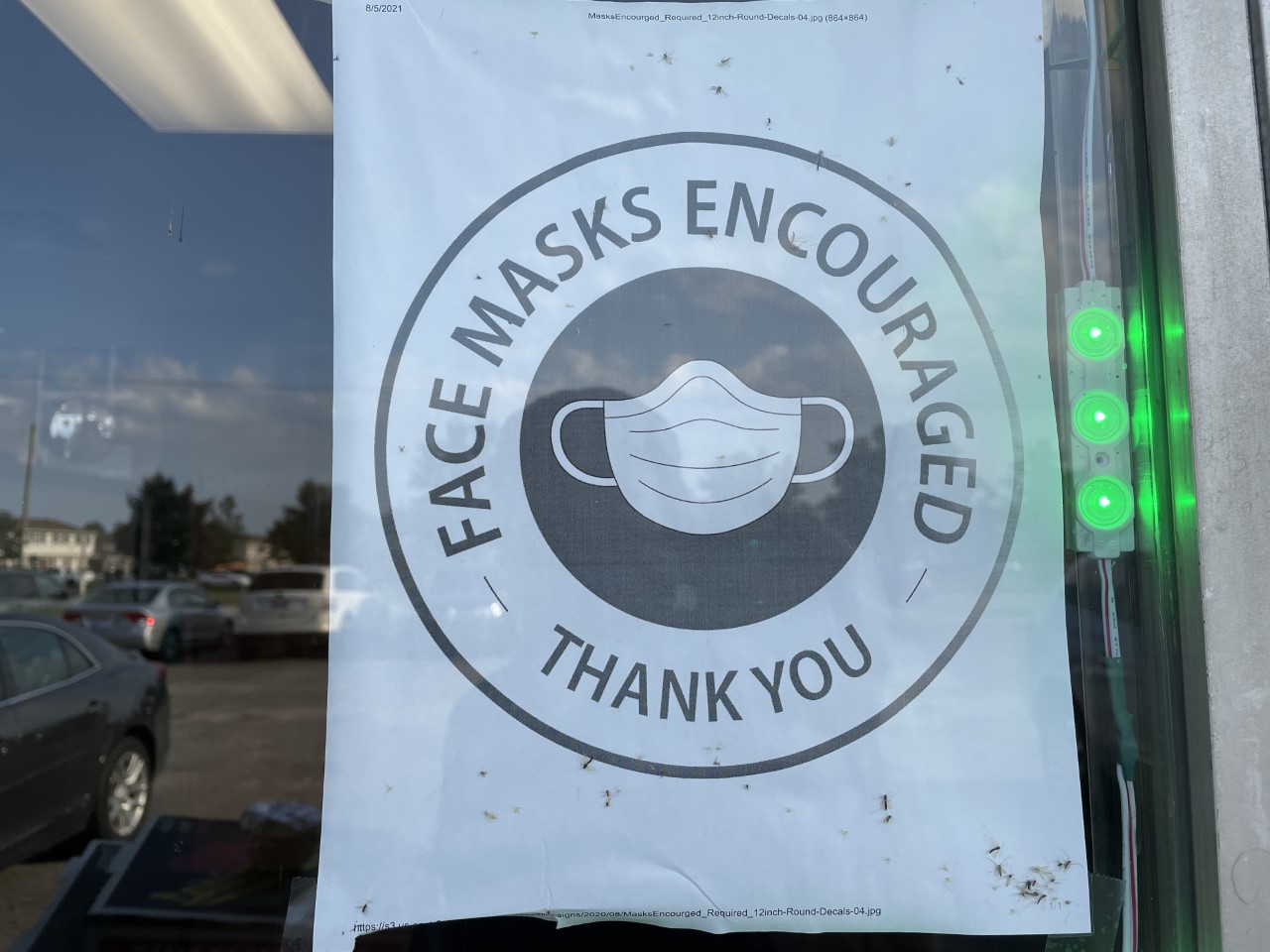What You Need to Know as We Head Into Our Second Winter of COVID-19
The Atlantic writers Katherine Wu and Sarah Zhang talk about where we’re at in the pandemic and what the coming months might hold.

The United States has reached yet another grim milestone in this pandemic. More than 700,000 Americans have now died from COVID-19. That’s about equal to the populations of Detroit and Saginaw combined. The novel coronavirus is now America’s deadliest pandemic ever, surpassing the number of deaths from the 1918 flu.
Meanwhile, Reuters reports that the world has now surpassed 5 million COVID-19 deaths. This is all as we’re about to head into our second pandemic winter, and the overall death toll continues to rise. The delta variant is still burning through our population, fueled by the tens of millions of Americans who still refuse to get vaccinated. The only good news seems to be that delta seems to have peaked on a national scale. But we’re still not sure what this fall and winter will hold.
“So much of the messaging was around the vaccines being key to ending the pandemic, which is still true. But I think it’s important to talk about how it’s not the only key we need to end the pandemic.” –Katherine Wu, The Atlantic
The Atlantic recently compiled six things we need to know heading into this winter regardless of which trajectory the virus takes.
Listen: Katherine Wu and Sarah Zhang of The Atlantic talk about what to expect this winter.
Guests
Katherine Wu is a staff writer at The Atlantic who covers science. She says, although much of the vaccine discussion has focused on booster doses for people who are already fully vaccinated, it’s important to keep trying to promote vaccination for people who haven’t had any doses yet.
“I know there’s enormous focus on boosters right now, and I’m glad those who need them are able to get them,” says Wu. “But the focus really should be on getting first and second doses for people who remain unvaccinated.”
Wu says it’s also important for people to continue to stay vigilant and do everything in their power to slow the spread of the virus, beyond just getting vaccinated.
“So much of the messaging was around the vaccines being key to ending the pandemic, which is still true. But I think it’s important to talk about how it’s not the only key we need to end the pandemic,” she says.
“We’re kind of back to where we started, which is that vaccines are really good at preventing hospitalization or death, but they’re probably not going to completely prevent transmission.” –Sarah Zhang, The Atlantic
Sarah Zhang is also a staff writer with The Atlantic. She says the role of vaccines has been changing since they were first rolled out. Their level of effectiveness at the time seemed like it might actually prevent the spread of the virus, not just serious illness as originally expected.
“We’re kind of back to where we started, which is that vaccines are really good at preventing hospitalization or death,” she says, “but they’re probably not going to completely prevent transmission.”
She also talks about how important it will be to soon have children 5-11 years old eligible for vaccines. And she says it might not be too long before even younger children might be able to get their shot.
“I think we’re talking about vaccinating children 2-5 early next year,” says Zhang.
Trusted, accurate, up-to-date.
WDET strives to make our journalism accessible to everyone. As a public media institution, we maintain our journalistic integrity through independent support from readers like you. If you value WDET as your source of news, music and conversation, please make a gift today.
